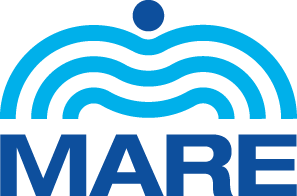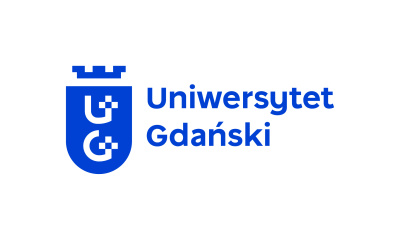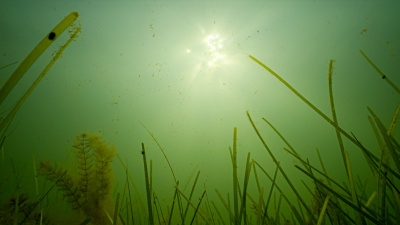
Photo by Krystian Bielatowicz/Fundacja MARE
The University of Gdańsk, the MARE Foundation and the insurance company SALTUS Ubezpieczenia have launched a joint project aimed at restoring underwater meadows in their former habitat in Puck Bay. Seagrass meadows Zostera marina provide a habitat and food source for many animal species; they are also a valuable producer of oxygen and absorb significant amounts of carbon dioxide, thus helping to combat climate change.
Zostera marina stabilises the seabed, preventing its erosion, reduces the saturation of water with nitrogen and phosphorus compounds, counteracting the process of eutrophication, absorbs carbon dioxide and produces oxygen. Seagrass meadows provide shelter and a place to feed and reproduce for numerous species of invertebrates and fish, contributing to biodiversity.
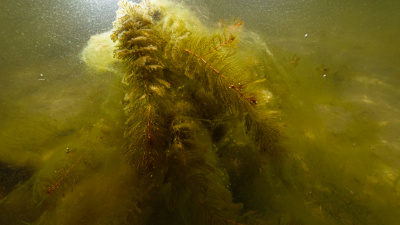
Photo by Krystian Bielatowicz/Fundacja MARE
Until the 1960s, underwater meadows covered a significant part of the bottom of Puck Bay, but in recent decades their area has decreased by almost 80%. This was due to increased exploitation of the seabed, progressive eutrophication, and domestic and industrial pollution.
‘The increased inflow of nutrients containing large amounts of nitrogen and phosphorus compounds contributed to increased eutrophication. This has resulted in reduced water transparency, decreased light penetration into deeper water layers and deteriorating oxygen conditions,’ says dr Ilona Złoch from the Faculty of Oceanography and Geography at the University of Gdańsk.
‘Fortunately, as my research, which I have been conducting since 2018, shows, underwater meadows are recovering,’ adds dr Aleksandra Zgrundo from the Faculty of Oceanography and Geography at the University of Gdańsk. ‘We are observing an increase in their range and the return of species that were previously observed there. Now is the best time to support them in this recovery, as the quality of the environment is improving. As part of the pilot project currently underway, we have planted Zostera marina seagrass in the Puck Bay area. Thanks to the chosen methodology, it will be possible to assess which seedling transplantation strategy has the greatest chance of success.’
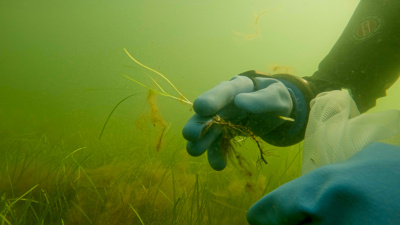
Photo by Krystian Bielatowicz/Fundacja MARE
The ‘Underwater Meadows’ project is the first project implemented jointly by the University of Gdańsk and the MARE Foundation as part of a cooperation agreement. Seagrass planting is part of the concept of rewilding, i.e. restoring ecosystems to their natural, wild state.
‘For the MARE Foundation, rewilding is more than just conservation - it is a philosophy of action. We do not try to ‘manage’ nature, but to create conditions in which nature regains its wild power on its own. It is an invitation to coexist with the sea, which is not a foreign space, but our common home and the foundation of our survival. The project is also linked to educational activities aimed at familiarising the public with the plant inhabitants of the Baltic Sea - we believe that in order to want to protect something, you have to get to know and love it. I hope that by better understanding what organisms live in the Baltic Sea, we will be more willing, as a society, to implement sea-friendly behaviours and solutions in every area,’ says Olga Sarna, President of the MARE Foundation.
More about the project on the MARE Foundation website: Underwater meadows and Let's take root in the sea.
We encourage you to watch a film about underwater meadows produced by the MARE Foundation.
The project is being implemented thanks to the support of insurance company SALTUS Ubezpieczenia.
